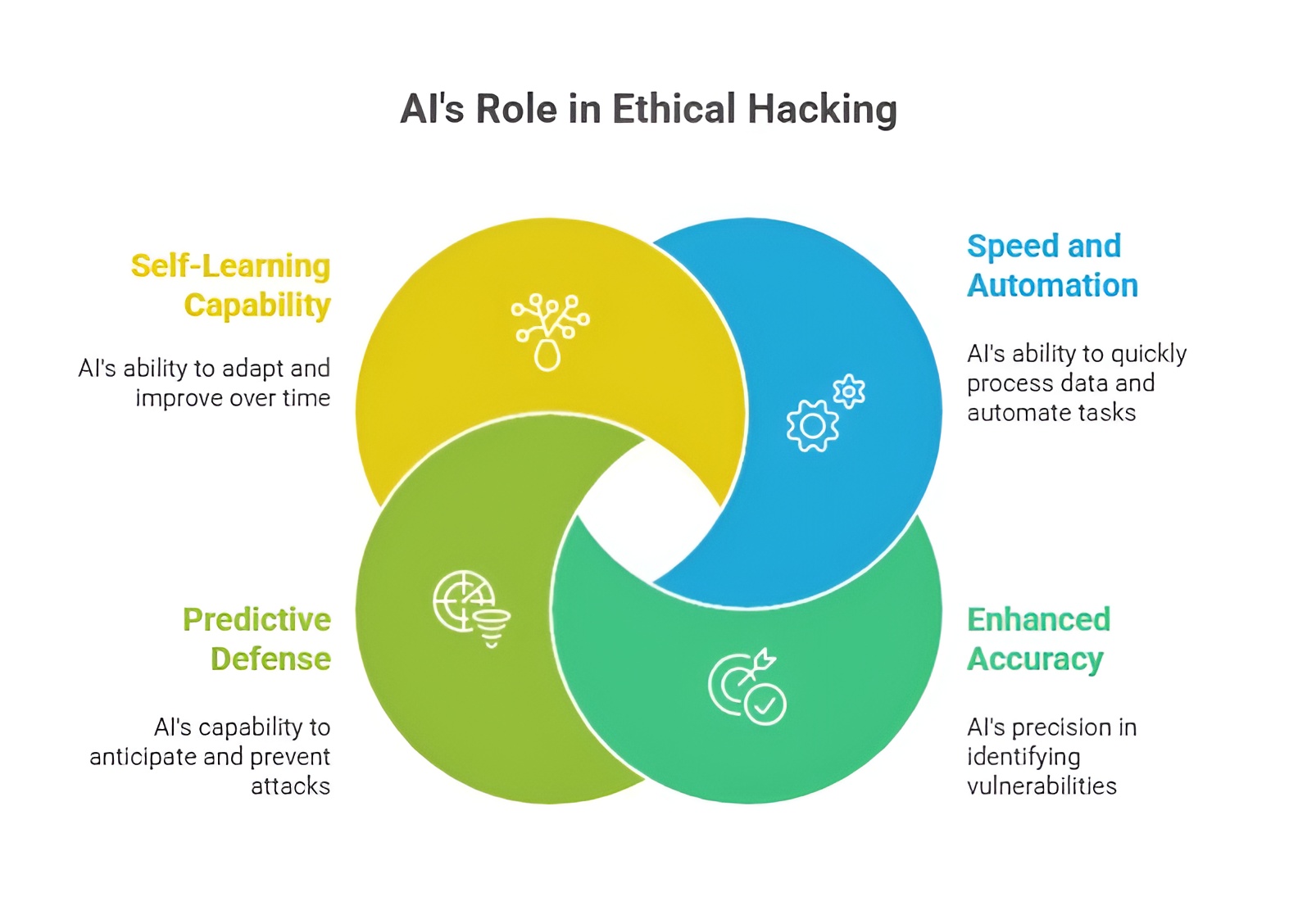Advanced DevOps Professional Program
in Sample CategoryAbout this course
The Advanced DevOps Professional Program provides in-depth training on modern DevOps practices, focusing on automation, continuous integration and delivery, and cloud infrastructure management. It emphasizes building scalable, secure, and high-performance systems using tools like Docker, Kubernetes, and AWS. The program guides learners in optimizing workflows, implementing advanced monitoring, and adopting best practices in security and compliance. By integrating practical exercises and real-world scenarios, it equips professionals to design, deploy, and manage complex DevOps environments efficiently, preparing them to lead initiatives that enhance software delivery, operational efficiency, and innovation across enterprise-scale projects.
Comments (0)
DevOps culture promotes collaboration between development and operations teams to achieve faster, high-quality software delivery. It evolved from Agile principles, focusing not just on development speed but also on reliable deployment and operations. Key metrics like DORA, lead time, and deployment frequency measure performance, efficiency, and overall DevOps success.
The DevOps lifecycle includes continuous development, integration, testing, delivery, deployment, and monitoring — ensuring seamless automation and collaboration at every stage. Each phase supports rapid feedback and improvement for faster, more reliable software delivery. DevOps toolchains combine specialized tools across these stages to streamline workflows and enhance efficiency.
The tools and environments in DevOps are integral to achieving automation, speed, reliability, and scalability. Git and GitHub provide version control and collaborative coding, Jenkins automates pipelines, Docker ensures environment consistency, Kubernetes orchestrates and scales containers efficiently, and cloud platforms such as AWS, GCP, and Azure provide the scalable infrastructure necessary for modern software deployment. Each tool enhances productivity, reduces errors, and integrates seamlessly into the DevOps lifecycle, forming an ecosystem that supports continuous development, integration, testing, delivery, deployment, and monitoring.
Git and its core operations like branching, merging, and rebasing form the backbone of DevOps by enabling version control and collaborative development.
They integrate directly into CI/CD pipelines to automate builds, testing, and deployment.
This connection ensures faster delivery, better code quality, and continuous integration across teams in a DevOps environment.
CI/CD integration with repositories represents one of the most essential pillars of the DevOps lifecycle. It brings together version control, automation, and continuous improvement into a unified workflow.This integration transforms software development from a manual, fragmented process into an intelligent, continuous, and highly collaborative system that delivers reliable results with speed and precision.
AWS offers a comprehensive suite of DevOps tools and services that help automate and manage the entire software delivery lifecycle. These tools support continuous integration (CI), continuous delivery (CD), infrastructure as code (IaC), and monitoring. With AWS DevOps, teams can build, test, deploy, and monitor applications at scale, ensuring faster releases and higher reliability in cloud environments.
Azure DevOps provides an end-to-end toolchain for DevOps teams with services like Azure Repos, Pipelines, Boards, and Artifacts to automate CI/CD, track work, and manage releases efficiently.
GCP DevOps integrates Google Cloud tools like Cloud Build, Cloud Deploy, and Operations Suite to automate builds, deployments, and monitoring while applying Site Reliability Engineering (SRE) principles for scalable, reliable delivery.
Multi-Cloud & Hybrid Deployments enable applications to run across multiple cloud providers or a mix of on-premises and cloud environments for flexibility and resilience.Cloud Portability ensures seamless migration and operation of workloads between different platforms using standardized tools like containers.
Terraform for IaC automates infrastructure setup across clouds, while cost optimization and monitoring tools help manage expenses and maintain performance efficiently.
AI-Driven DevOps (AIOps) integrates Artificial Intelligence and Machine Learning into DevOps processes to enhance automation, analysis, and decision-making. It uses predictive analytics to detect anomalies, prevent outages, and optimize performance in real time.AIOps improves efficiency by automating repetitive tasks, enabling faster incident response, and ensuring continuous system reliability.
Predictive Analytics for DevOps leverages machine learning models and historical data to forecast potential system failures, performance bottlenecks, and capacity issues before they occur. It enables proactive monitoring and automated alerting, reducing downtime and improving reliability. By analyzing trends in deployment, infrastructure, and user behavior, predictive analytics helps teams make data-driven decisions. Ultimately, it enhances DevOps efficiency through smarter automation, faster recovery, and continuous optimization.
AI-Driven Continuous Testing integrates Artificial Intelligence into the software testing process to automate test creation, execution, and optimization. It analyzes code changes and user behavior to prioritize high-impact tests and detect defects early. This approach accelerates release cycles, enhances test accuracy, and ensures continuous software quality throughout DevOps pipelines.
ChatOps and Intelligent Automation bring collaboration and automation together by integrating DevOps workflows directly into chat platforms like Slack or Microsoft Teams. Tools such as SlackOps and GitHub Copilot enable developers to execute commands, review code, and manage deployments seamlessly through chat or AI assistance. With generative AI assistants, teams gain faster decision-making, smarter automation, and improved productivity across the entire DevOps lifecycle.
MLOps Pipeline Fundamentals encompass the core stages of managing machine learning workflows efficiently. Data ingestion ensures the collection, validation, and preparation of high-quality data for training. Model training develops and fine-tunes ML models, while CI/CD for ML automates testing, deployment, and monitoring, enabling continuous, reliable delivery of AI-powered solutions.
Model Versioning and Deployment involves tracking, managing, and releasing machine learning models in a controlled and reproducible manner. Tools like MLflow provide version control and experiment tracking, Kubeflow enables scalable deployment and orchestration, and Seldon facilitates serving models in production with monitoring and management. Together, they ensure reliable, automated, and efficient ML model lifecycle management.
Future-Proof DevOps Practices focus on building resilient, scalable, and automated software delivery pipelines that can adapt to evolving technologies and business needs. They incorporate cloud-native tools, AI-driven automation, and continuous monitoring to ensure reliability and efficiency. These practices enable organizations to innovate rapidly, maintain high-quality deployments, and stay competitive in dynamic IT environments.






